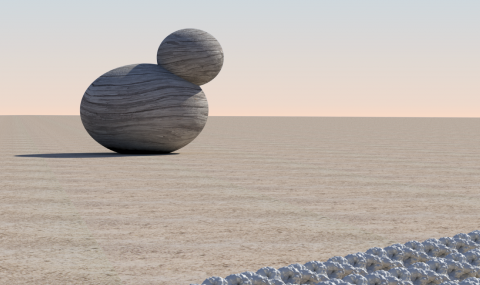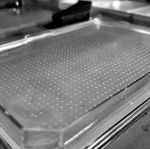Evolution and function of mesoscale protein assemblies
Mutations are well known for their potential to disrupt protein structure, and cells have evolved elaborate quality control mechanisms to buffer such disruption. We discovered that mutations can frequently also trigger aberrant protein assemblies. How do these assemblies impact cells? We're working on answering this question.







